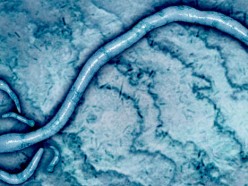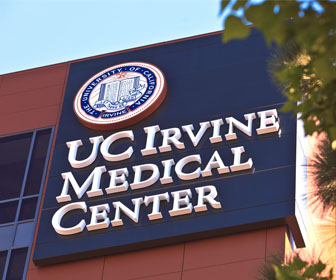There are many claims that fasting is a healthy way to lose weight, extend your lifespan, or even help to manage other medical conditions, such as heart disease and diabetes. But even if fasting does carry some health benefits, that doesn’t necessarily mean that it’s worth doing.
Weight
Fasting is sometimes toted as a method of weight loss. However, even though fasting does lead to quick weight loss, this is mostly just fluid weight and not actually fat loss. In fact, the weight that you lose while fasting will likely come back when you start eating again.
What’s more is that fasting slows down your metabolic rate. It also doesn’t help with the long term changes to physical activity and diet that are important for long term, sustainable weight loss. Fasting can also lead to eating disorders or binge eating.
Heartburn
Your stomach produces acid to break down and digest food. If you’re fasting, you are producing less stomach acid. But smelling food (or even thinking about it) can make your brain trigger your stomach into producing more acid, which leads to heartburn.
Dehydration
Many individuals are not prepared for the fluid intake that they lose while fasting. However, a large percentage of the fluid that we take in during the day is from food, and not necessarily water in a glass. Fasting can actually contribute to dehydration.
Stress
Fasting, especially if you are accustomed to eating three meals a day, plus snacks, can be a stressful experience. It can also lead to headaches and make it difficult for you to fall asleep at night.
Danger
There are some medical conditions that make fasting dangerous. If you have a compromised immune system, or problems with your kidney or liver, fasting can mean trouble. There are even certain medications that should not be taken while fasting, and you should not fast if you are underweight or pregnant.
Conclusion
There are many instances where it is actually important to fast. You need to fast before some surgeries, because your body cannot be digesting food while it is under anesthesia. It is also sometimes necessary to fast for accurate baseline blood tests, like tests for blood sugar. Periodic fasting is even recommended sometimes for health issues.
Fasting is a controversial practice that should only be done under medical supervision. Whether you are fasting for health reasons, religious reasons, or for an upcoming procedure, be sure to talk it over with your doctor.

















.jpg&w=300&h=320)
.jpg&w=300&h=320)
.jpg&w=300&h=320)
















